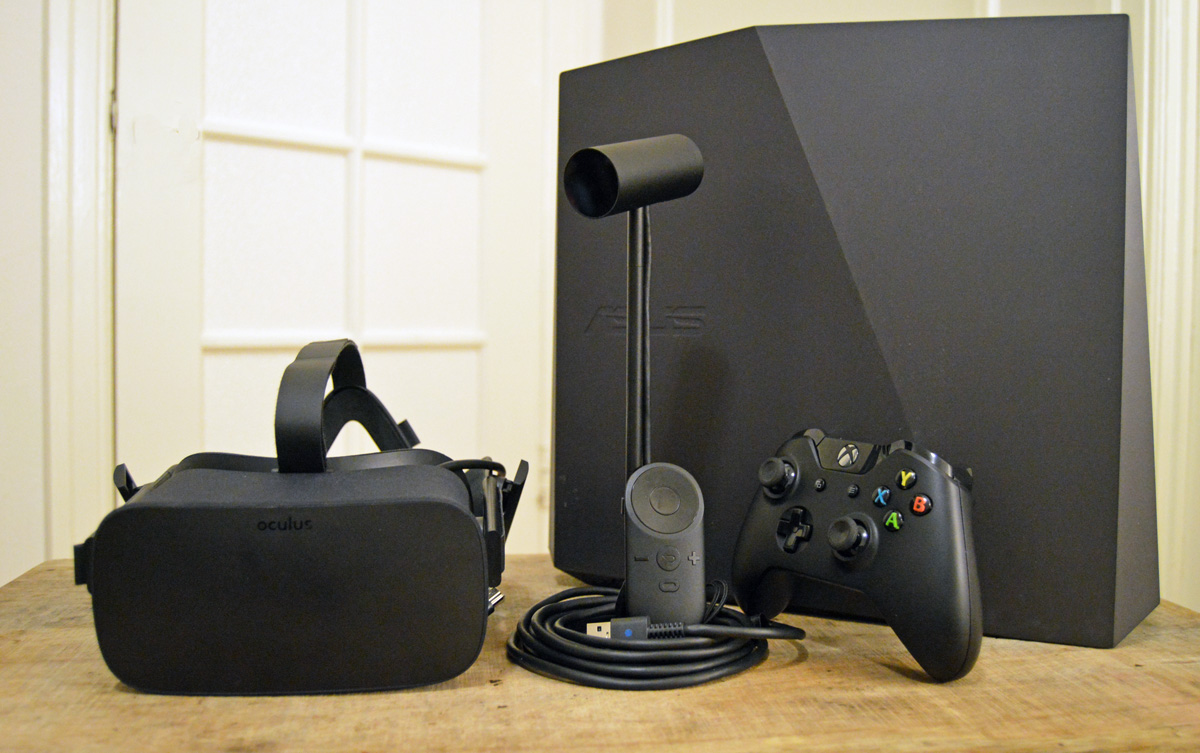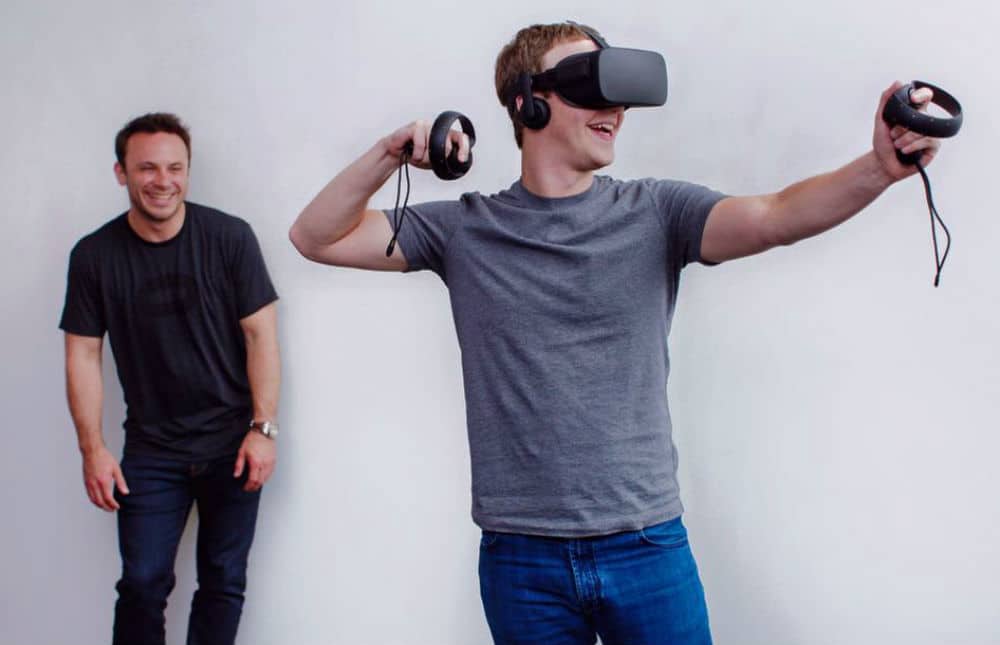I have to admit that the complexities of the Oculus/ZeniMax legal battle had me wanting to stray away from the topic for this week’s column, but as I was pondering over the news of the last week I kept coming back to it. We had headline after headline of juicy details along with what I think was a historic verdict that placed a hefty $500 million decision on the VR specialist.
Ultimately, there was no getting away from it.
The thread I keep coming back to, however, goes beyond just this trial. Though he’ll wince handing it over (if that is indeed the end result after promised appeals), half a billion is probably water off a duck’s back for Mark Zuckerberg. It is actually the exact amount that Facebook is investing into VR content, and they’re not likely to see returns on that for a long time yet. And let’s not forget that Facebook’s own origins are so closely intertwined with legal drama that Hollywood managed to make a movie out of it.
Courtroom battles are to be expected when companies making billions are brought into the field, and I don’t think this verdict alone will have Menlo Park regretting bringing Oculus into the fold.
But I do wonder if viewing the result as the latest in a string of high-profile embarrassments for Oculus keeps Zuckerberg up at night.
To say the Rift has had growing pains is a bit of an understatement. It is a wonderful headset, arguably with the best content library of any VR device right now and bolstered with some truly excellent position-tracked controls in Touch. The product Facebook offers is state of the art and a sublime taste of the future. But the company that built it just can’t seem to catch a break of late.
Some of those issues have been unfortunate, perhaps unavoidable mishaps. Rift’s belated launch was a rough time for VR enthusiasts, as shipping confusion stretched out for months, and during that time Oculus enforced and then removed security measures that didn’t win it many fans in the VR industry. These incidents were made all the more public by outcries from figureheads like Epic’s Tim Sweeney. Still, as a subsidiary shipping its first product you could forgive these issues.
The infamous ballpark situation, which saw the company suggesting a price drastically lower than the $599 it came to be in the months before launch, has mostly been forgotten. What hasn’t been forgotten, I don’t think, is last September.
It was a pretty uneventful news days when, out of the blue, a report surfaced online that Rift creator Palmer Luckey had funded a political propaganda campaign in the midst of a very divisive election. I don’t need to tell you what the implications of such information surfacing online could be and, if you were reading the Internet that week, you’ll have seen it for yourself. After a brief apology on social media, VR’s former poster child vanished. He hasn’t tweeted or been seen on Facebook since, and only recently popped up to testify in court.

Think about that for a second. The last time we heard from Palmer Luckey, he apologized for embarrassing the company he helped start and, in doing so, gave himself a stigma that will be brought up in likely every internet comments section on stories about him for years to come. Four months on, a jury decided he had broken a non-disclosure agreement, and cost Facebook yet more public humiliation.
It’s an extraordinary turn of events, the likes of which few could have foreseen. And it leaves me asking, with all the hindsight he has now, would Mark Zukcerberg have done anything different?
Publicly, I think he’s going to tell you that he wouldn’t. But inside the mind of the CEO, perhaps he would. Either way, we know Zuckerberg isn’t going to do anything other than lie in the bed he’s made. Now led by Facebook’s new Head of VR, Oculus is more closely integrated with the social networking company than ever. Oculus has had a year of taking steps forward and backward seemingly in equal measure. Maybe now it can finally put troubles behind it.




























